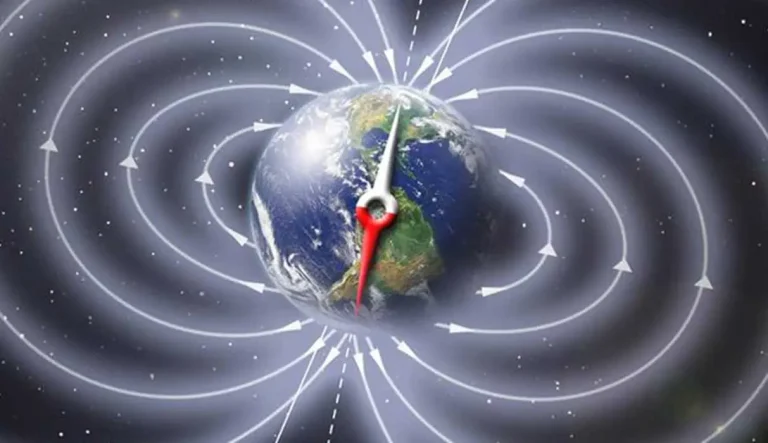EV’s
EV’s are efficient, quiet, torque-heavy, expensive to buy and to maintain though they require much less maintenance. They are also heavy, and have limited access to charging stations nationwide.
As most EV’s have regenerative braking, their brakes pads last much longer and do not require replacement as often as gas powered vehicles do.
The average EV may get 220-300 miles per charge (+/- depending on EV), and may take 45-120 minutes to fully charge, not including any ‘wait time’ at the charging station for a spot to become available.
Many factors determine how many miles you will get from a fully charged battery also. Using the air conditioning is a mileage killer as is anything that uses the electrical system, or driving with windows open also puts ‘drag’ on the car.
But cold weather is the real villain hiding behind the curtain. Too cold and your car won’t budge, so keeping it in a partially heated garage is a must. Also it takes much longer to charge in cold weather, and again if it’s too cold your battery won’t charge until it becomes ‘warmer’ (warmer being relative).
Planning a trip? Then you need to spend several hours and do your due diligence or you’ll find yourself stranded 200 miles from a charging station. Or you could pull a diesel powered generator behind your car at all times. Then if your car dies, you could charge it on the spot.
Also there is the large, huge, grand, extremely gargantuan amount of Earth’s natural resources that must be dug up, mined and extracted to make the EV batteries.
A single typical EV battery weighs 1,000 pounds, about the size of a travel trunk. It contains 25 pounds of lithium, 60 pounds of nickel, 44 pounds of manganese, 30 pounds cobalt, 200 pounds of copper, and 400 pounds of aluminum, steel, and plastic. Inside are over 6,000 individual lithium-ion cells.
To manufacture a single EV auto battery, you must process 25,000 pounds of brine for the lithium, 30,000 pounds of ore for the cobalt, 5,000 pounds of ore for the nickel, and 25,000 pounds of ore for copper. All told, you dig up 500,000 pounds of the earth’s crust for one single battery.
A typical pickup truck EV battery weighs around 3,000 pounds, so that would take approx. 3X the precious minerals for a single battery for a pickup. They’re also developing semi-truck 18-wheel EV’s, and the amount of battery power required would be at least 15-20 times what the typical pickup truck would require.
With all of these heavy batteries, surely a large percentage of the battery’s charge is being used just to propel the battery from point to point.
Gas/Diesel Powered
G/D’s are noisier than EV’s and not as efficient. They emit pollutants into the atmosphere and don’t have as much torque as an EV. They also require routine maintenance to keep them at peak operating performance.
Since gas powered vehicles have no regenerative braking, their brakes pad require regular replacement.
The typical gas powered auto can travel 300-450 miles without refueling, and A/C etc. has little effect on efficiency or distance traveled, and fuel is readily available at tens of thousands of fueling stations nationwide. Gas and diesel is sold in every town, city, county, and state in the United States, Canada, and Mexico. There is no waiting time to fill up your vehicle and it takes only a couple of minutes to complete.
And the Left in America wants to shut down all of those gas stations and truck stops, and destroy all of those trucks, cars, and motorcycles in favor of EV’s, and they want to do it 6 years from now.
For every barrel of oil (42 gallons), a naturally renewing resource, that is extracted from the Earth, up to 30 gallons of gasoline is extracted. But we also extract dozens upon dozens of other useful substances from oil. Without oil, our world would not exist. Our economy would shut down and we’d be back to horses and buggies.
Think about this. Out of that 42 gallon barrel of oil, they can manufacture gasoline, diesel fuel, jet fuel, kerosene, hydrocarbon liquid gases, paints, plastics, synthetic rubber, propane, naphtha, solvents, detergents, natural gas, lipstick, tires, waxes, asphalt, petroleum coke, still gas, numerous lubricants, heating oil, assorted other distillates, residual fuels, and much much more.
Oh yes, over 60% of the United State’s energy needs, including recharging EV’s, comes from OIL and it’s derivatives. EV’s don’t generate anything. Charging stations don’t generate anything. EV batteries don’t generate anything. The entire EV industry relies upon electricity created by oil to make their own product. What does that say about the ‘sustainability’ of EV’s?
A barrel of oil runs the entire world while EV’s mimic the Left. They talk loud, create a mess, and destroy things.



